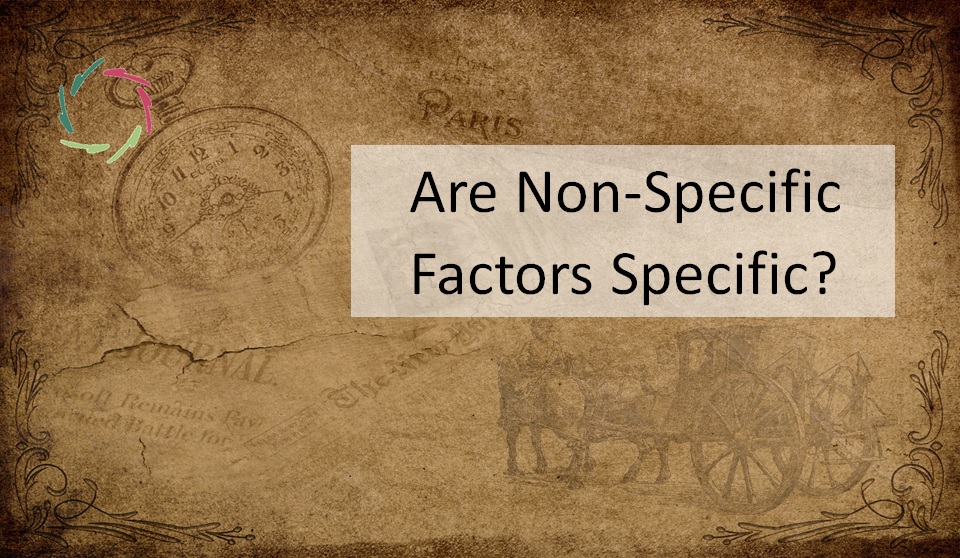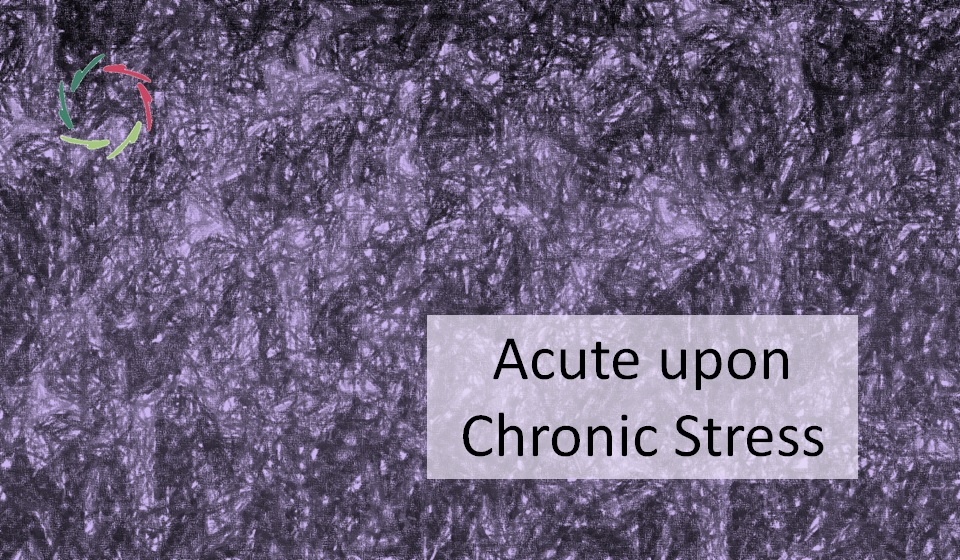Are Non-Specific Factors Specific?

Non-specific factors in therapy are ‘non-specific’ to instrumental therapies. What if these factors are instrumentalized?
Please read first: [see: “Non-Specific Factors of Therapy“]
“If we can delineate them, they are specific.”
Logically, if you can conceptualize the non-specific factors, you are building a new kind of psychotherapy based on these factors. You can put the factors in an algorithm to be used by psychotherapists in research and practice.
This way, in such a case, the non-specific factors are specific to non-specific therapy, either as stand-alone or incorporated in other therapies.
Does this make sense?
It depends on whether the factors can rightfully be instrumentalized/conceptualized. If their action is dependent on their subconceptual nature, logically, conceptualizing them carries the risk of diminishing their effectiveness.
In this sense, to me, non-specific factors are non-specific by definition, and they are active without instrumentalization.
AURELIS technology
In meditative sessions and coaching, there is much underlying technology. This has been well explained and can even be formalized. Does this mean they are mere instruments?
It depends on how they are used.
Using AURELIS instrumentally is not using AURELIS at all.
In this respect, it’s as with non-specific factors:
- If you use a placebo without believing in it at all, there is no effect.
- If you are empathic like ‘going through the motions,’ this semblance of empathy does not positively touch anyone. Rather, it’s a kind of manipulation.
For any AURELIS-related element to ‘work,’ one has to ‘take it in.’ Note that this is also the case with aspirin. With AURELIS, you also have to ‘give yourself’ to it. Please don’t do that without losing your common sense.
“Just let yourself go now, and if you are ready for it, only if you are ready for it, you can feel something happening inside you as if it happens spontaneously when you just open the door a little bit more.”
AURELIS is about depth and rationality. [see: “AURELIS USP: ‘100% Rationality, 100% Depth’“]
Non-specific factors need to stay non-specific.
At the same time, they can be scientifically investigated.
Take the example of a flower. You can take it apart and investigate each part of the flower, for instance, looking for similarities and differences with other flowers.
But, the appreciation of the flower? Its beauty, its scent? These aspects are lost by scientific investigation.
That might look like a trade-off between science/rationality and depth. And indeed, it is, inasmuch as science is practiced as purely physical science in a closed world. [see: “Are RCTs valid in Psychotherapy?“]
The human mind is an open world par excellence.
If you close it down, you destroy the flower.


